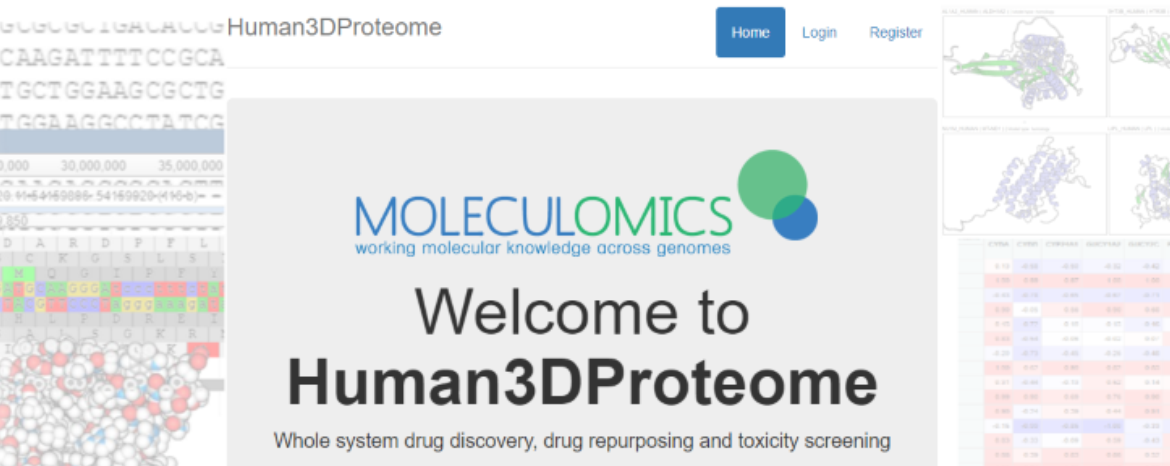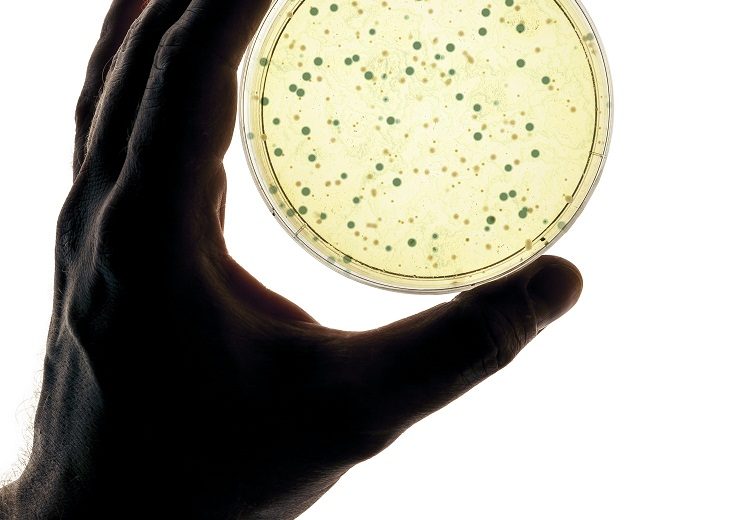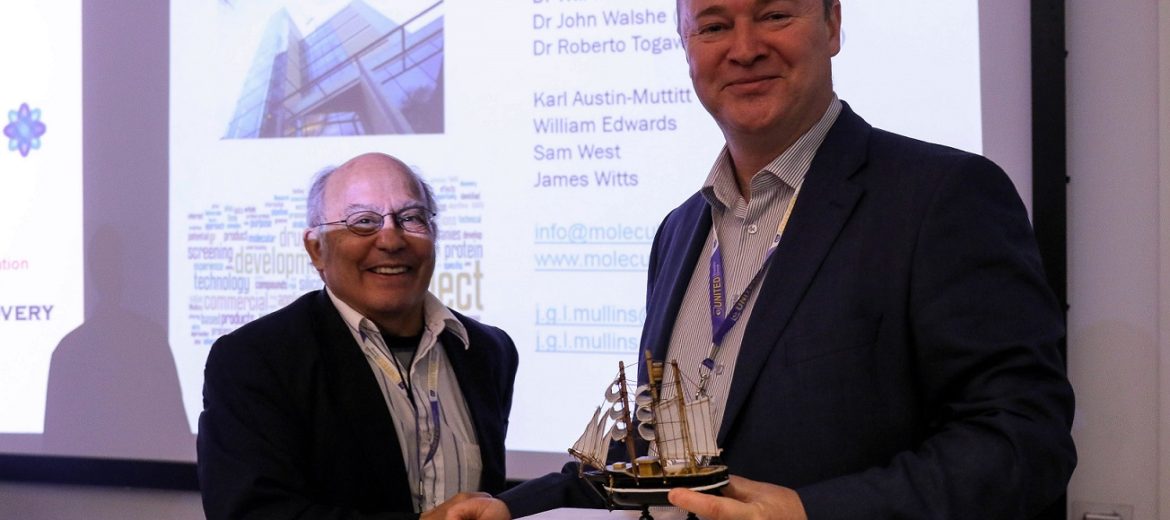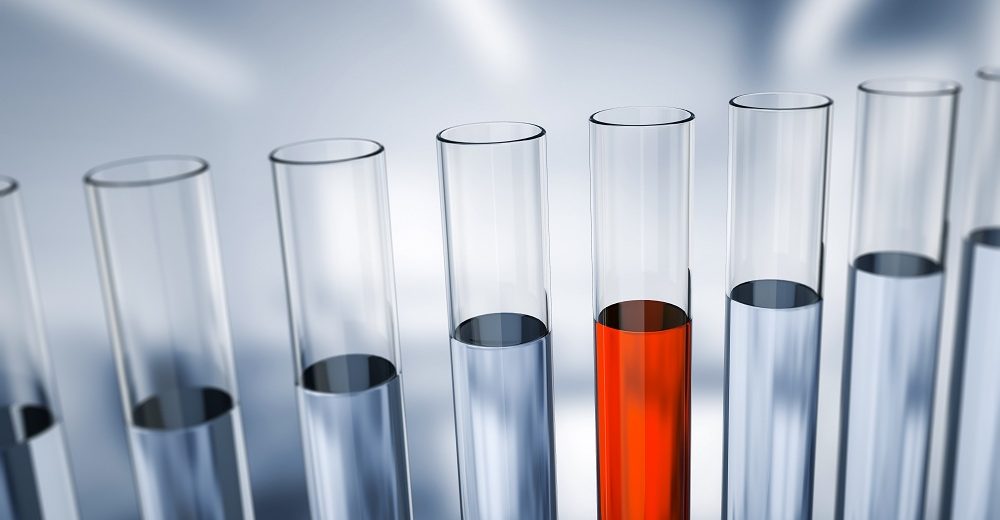Moleculomics to develop Covid-19 drug discovery platform
Moleculomics, based at Swansea University Medical School,
has been awarded funding from Innovate UK – the UK’s innovation agency, for
technology development to find drug treatments for Covid-19 and other viral
threats. The new in silico platform, GRASP – Generic Rapid Antiviral
Screening Platform, will seek to get ahead of emerging strains of the virus by
simulating the effects of mutations before they happen,










